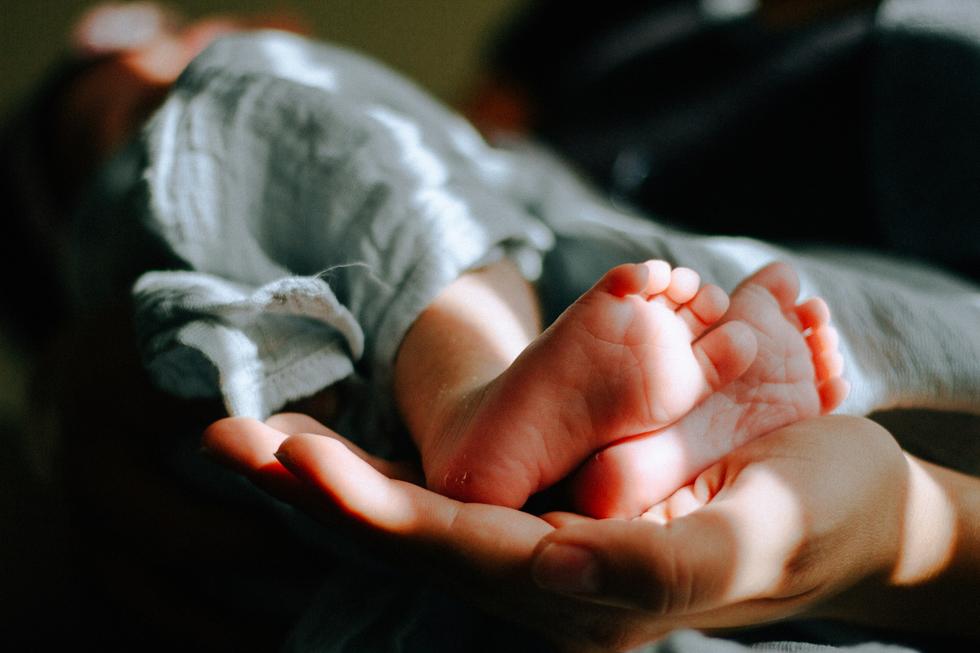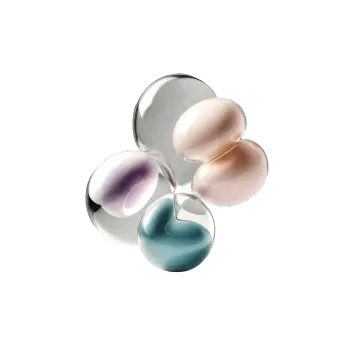Quick version
Hormones Affected by Breastfeeding
Prolactin – the Hormone That Stimulates Milk Production
The most important hormone for breastfeeding is prolactin. It is produced in the pituitary gland and stimulates the mammary glands to produce milk.
- High prolactin levels during breastfeeding inhibit the release of the hormones FSH and LH, which prevents ovulation and thus menstruation.
- Every time the baby sucks on the mother's breast, prolactin is released, which means that women who breastfeed often tend to have higher prolactin levels and longer periods without menstruation.
- If and when breastfeeding decreases, prolactin levels fall and ovulation can resume.
Oestrogen and progesterone - how hormones are affected after childbirth
During pregnancy, the hormone levels of oestrogen and progesterone are high, but after childbirth they fall strongly.
- Estrogen levels remain low as long as prolactin levels are high, which can lead to dry vaginal mucosa and reduced sex drive.
- Progesterone remains low until ovulation starts again after childbirth.
Get a handle on your hormones, read more and order health test package hormonal balance which analyzes estrogen, progesterone, FSH and LH, among other things.
When will your period return after childbirth?
There are large individual variations in when menstruation resumes after pregnancy, and breastfeeding plays a decisive role in when this occurs.
If you do not breastfeed at all, your period can return as early as 6–8 weeks after giving birth. If you are partially breastfeeding, your period may return within a few months, usually between 3-6 months after giving birth. If you are fully breastfeeding and your period often does not return for 6 months or longer, some women do not get their period back until they stop breastfeeding completely.
However, it is important to remember that ovulation can occur before the first period, which means that it is possible to get pregnant even if your period has not returned.
How do hormones change when breastfeeding decreases or stops?
As the baby starts eating solid foods and breastfeeding decreases, prolactin levels gradually decrease. This causes the body to return to a more normal hormonal balance:
- FSH and LH increase, which causes the ovaries to resume their activity.
- Estrogen levels rise, which improves the moisture of the mucous membranes and can lead to increased sex drive.
- Progesterone increases again after the first ovulation.
Once breastfeeding stops completely, the menstrual cycle usually returns to its normal pattern within 1–3 months.























